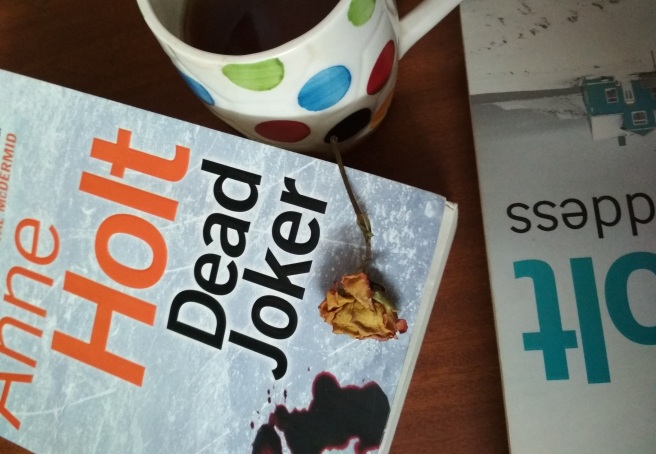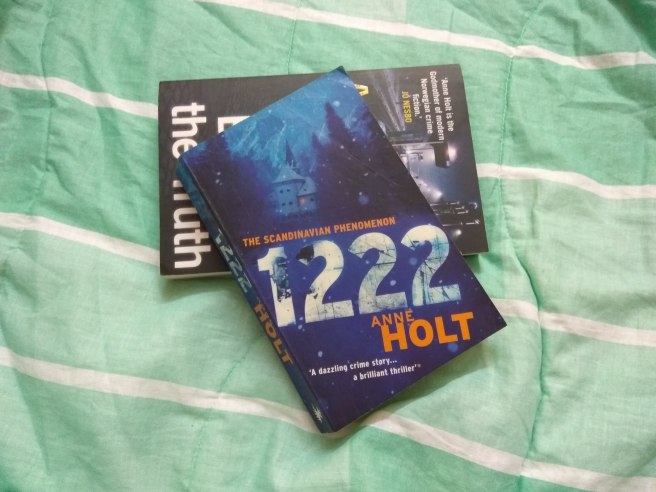Our plan was to visit these 3 places in one long weekend – Bekal Fort, Mangalore and Udupi (St. Mary’s Island). It was going to be hectic, we knew it, but as arthritis has not made its valuable presence felt, we told each other, let’s go and kick the butt of monotony.

Bekal fort is in Kasaragod District, Kerala. It is 65 km away from Mangalore, a very important city in Karnataka. We reached Kasaragod at 8 O’clock in the morning on Friday. My travel buddy is a train freak like Sheldon Cooper. He thinks trains make everything better. So from the station we went to Bekal Fort. It was made in 17th century with Laterite stone. The fort looked black to me, a gorgeous shiny black creation.

The Windows they used to have to keep an eye on the periphery and on the approaching enemy gives beautiful view of the ocean. I’m sure some soldiers became hardcore poets while living in the fort and sometimes put their weapons down to write about the nature, ocean, sky, beauty, love. Or maybe realized violence exists in spite of nature, ocean, sky, beauty, love.

The boundary wall is encompassing a huge green field. There my travel partner almost saw a soldier on horseback galloping around the premises.

There are some ruins that could have been the soldier’s quarters, ammunition cells.
Nowadays authority is trying to make it a family destination so there are flower beds too. I have a problem with man made gardens that look too organized and disciplined. A garden should be created but after planting the trees, let them have their way. Do not prune so much. But that’s a different topic we would talk about some other day.


There are entrances into the underground. They looked mysterious and promised many stories.

Okay now my favorite part. From the fort one can go the Bekal beach. The path from the fort to beach took my breath away. I always imagined places like this. I stood at a point from where I could see the ocean and a part of the citadel just little bit above the the beach. There are trees on both sides of that path. It is just beautiful.

We reached the circular spot that is the part of the citadel. There were stones that were making the invincible sea very angry and the Arabian sea went on thrashing herself on those arrogant stones, saying I’m this vast sea everybody fear and you are just standing there dare to stop my free spirit! Some day I will grind you down.

But now a fun fact of Bekal fort. A very famous romantic song “tuhi re” from a very famous and successful movie “Bombay” was shot in Bekal fort. So the moment I entered the fort I started singing the song, other tourists were looking at me, but I have this tendency to totally poohpoohed onlookers, and I do not easily get embarrassed. Sometimes what happens is that I’m doing the most embarrassing thing, my fellow companions getting uneasy, and then what I see is others has also started doing the same embarrassing thing! The male protagonist of the movie was Arvind Swamy, female protagonist was Manisha Koirala. I can name one or two people who got married to Arvind Swamy lookalikes after watching Bombay. So I was singing “tuhi re“, and I heard an odd sound, my buddy was licking ice cream … salarrrap…salarrrap!

So the intense, passionate, tragic feeling of “tuhi re” was gone. Gave him the angry look, he said he was giving the background music and continued salarrap… salarrap!











 Dead Joker by Anne Holt was published in 1999, but it was translated in English by Anne Bruce in 2015. This is one Hanne Wilhelmsen book that shook me gravely, and the reason is not the murder mystery of the story, but Hanne’s own life, to be precise her partner Cecile’s life, again to be precise – her death.
Dead Joker by Anne Holt was published in 1999, but it was translated in English by Anne Bruce in 2015. This is one Hanne Wilhelmsen book that shook me gravely, and the reason is not the murder mystery of the story, but Hanne’s own life, to be precise her partner Cecile’s life, again to be precise – her death.
 I first discovered Norwegian crime thriller writer Anne Holt in our hometown’s newly opened book store. It was in the only shopping complex of the town. On one greater half of the building there was this chain super market sprawled in 4 floors, it first introduced to us the idea of having cups, cloths, cosmetics, cucumber to bread, bed, broccoli, briefs under one roof. Till then saw these only in Hollywood movies. So no doubt we felt very proud, important, and successful. On the other half of that building were individual shops and restaurants and a chain multiplex (the proud smirk lingered long after the end titles).
I first discovered Norwegian crime thriller writer Anne Holt in our hometown’s newly opened book store. It was in the only shopping complex of the town. On one greater half of the building there was this chain super market sprawled in 4 floors, it first introduced to us the idea of having cups, cloths, cosmetics, cucumber to bread, bed, broccoli, briefs under one roof. Till then saw these only in Hollywood movies. So no doubt we felt very proud, important, and successful. On the other half of that building were individual shops and restaurants and a chain multiplex (the proud smirk lingered long after the end titles).